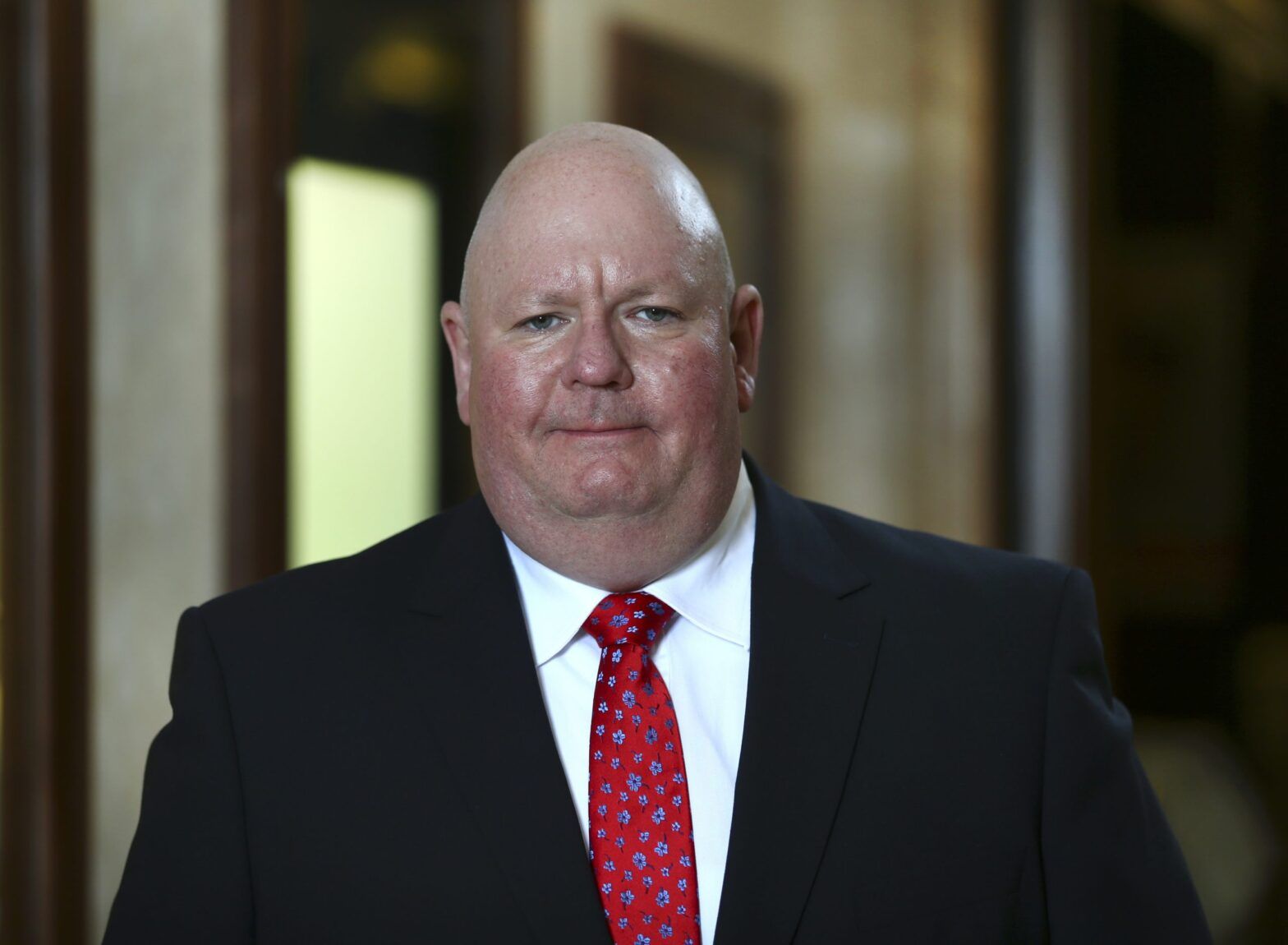Several market participants were expecting a complete overhaul of the Sustainable Finance Disclosures Regulation (SFDR) after the European Commission launched the targeted consultation on the implementation of the regulation on 14 September 2023.
These expectations are based on statements by the European Securities and Markets Authority (ESMA) and other national authorities that a transformation of SFDR from a disclosure regulation into a labelling scheme would help prevent greenwashing in the fund industry.
Many critiques are focusing on Article 8 of the SFDR since there are a high number of funds available for investors in the EU that meet the criteria of Article 8 funds but actually are absent a sustainable investment strategy. The mix of sustainability-related and conventional funds under Article 8 is confusing for investors. Some market observers even stated that Article 8’s current version is obsolete.
Fund labelling
In light of these concerns, it is not surprising that the Dutch financial regulator AFM suggests that Articles 6, 8, and 9 should be discarded and replaced with three distinct product labels (transition, sustainable, and sustainable impact) to enable investors to understand the different types of sustainable investment products and their impacts.
From my point of view, the EU Commission should not go down that route because SFDR has been released as disclosures regulation, which has been misunderstood as a labelling regime by market participants.
Nevertheless, it has become clear that the SFDR ecosystem needs an overhaul to align the regulation with newly launched initiatives such as the Global Sustainability Disclosure Standards (IFRS S1 and IFRS S2) issued by the International Sustainability Standards Board In June.
It would also make sense for the Commission to determine a common language for all sustainability-related publications and statements as, for example, laid out in the Definitions for responsible investment approaches, which were published by the PRI in conjunction with the CFA Institute and the Global Sustainable Investment Alliance.
Such a common language would, in combination with clear rules for the usage of ESG or sustainability-related terms in fund names as outlined in the current consultation on respective guidelines by the ESMA, help to prevent greenwashing and make it easier for investors to understand the fund strategy and possible impact from an investment in the respective fund.
That said, it is clear that an additional labelling scheme would make it easier for retail investors to identify those funds that may suit their needs best. So, clarifying SFDR and developing a labelling scheme would be the best course of action.
Disclosure requirements
Another topic that the EU Commission needs to tackle within a review of SFDR is that the disclosure requirements should put all funds on a level playing field. This means that all funds, regardless of the usage of sustainable investment criteria, should have the same disclosure requirements regarding sustainability indicators. This would allow investors to make educated decisions about the negative or positive impact of their investments.
Since SFDR was the first sustainability-related regulation globally, the EU Commission had no benchmark on what such a disclosure regulation should look like and which key figures are used by other regulators to identify sustainable practices. Therefore, it may also make sense to align at least some disclosure requirements with those from other regulators to ease the overall efforts to meet these requirements for fund promoters and companies.
More generally, it is even more important that the EU Commission closes the gaps around a final definition of sustainability, as well as definitions and taxonomy for sustainability and governance to make the reviewed SFDR a success.








